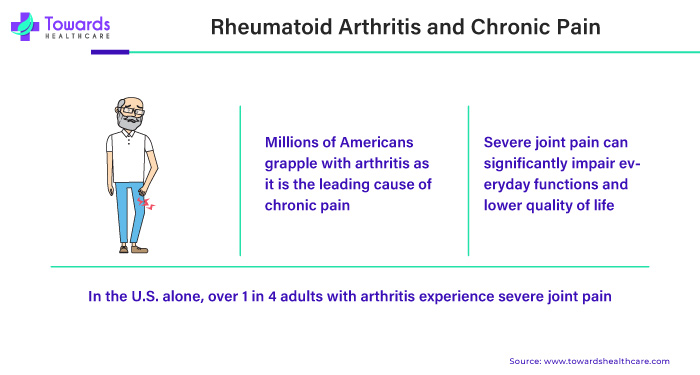
Rheumatoid arthritis (RA) is a chronic autoimmune condition that primarily affects the joints, leading to inflammation, pain, and swelling. In this comprehensive guide, we delve into the intricacies of RA, exploring its causes, symptoms, diagnosis, and treatment options.
What is Rheumatoid Arthritis?
Rheumatoid arthritis is a type of arthritis characterized by the immune system’s attack on the synovium, the lining of the joints. This immune response triggers inflammation, which can result in damage to the joints over time. Unlike osteoarthritis, which is primarily due to wear and tear on the joints, RA is an autoimmune disorder where the body mistakenly attacks its tissues.
Causes of Rheumatoid Arthritis
The exact cause of rheumatoid arthritis remains unknown, but researchers believe it to be a combination of genetic, environmental, and hormonal factors. Individuals with a family history of RA are at higher risk, suggesting a genetic predisposition. Environmental triggers such as smoking, infections, and hormonal changes may also contribute to the development of the condition.
To talk with us, Click here @ https://www.towardshealthcare.com/personalized-scope/5122
Symptoms of Rheumatoid Arthritis
The symptoms of rheumatoid arthritis can vary from person to person but commonly include:
- Joint pain and stiffness, particularly in the morning or after periods of inactivity.
- Swelling and tenderness in the affected joints.
- Fatigue and weakness.
- Fever.
- Loss of appetite.
- Rheumatoid nodules, which are firm lumps under the skin.
Diagnosis of Rheumatoid Arthritis
Diagnosing rheumatoid arthritis involves a combination of medical history, physical examination, and laboratory tests. Your doctor will inquire about your symptoms, conduct a thorough examination of your joints, and may order blood tests to check for elevated levels of certain antibodies associated with RA, such as rheumatoid factor (RF) and anti-cyclic citrullinated peptide (anti-CCP) antibodies. Imaging tests such as X-rays, ultrasound, or MRI may also be used to assess joint damage.
Treatment Options for Rheumatoid Arthritis
The goal of rheumatoid arthritis treatment is to manage symptoms, prevent joint damage, and improve quality of life. Treatment plans are often tailored to individual needs and may include:
Medications
- Nonsteroidal anti-inflammatory drugs (NSAIDs) to reduce pain and inflammation.
- Disease-modifying antirheumatic drugs (DMARDs) to slow down the progression of RA and preserve joint function.
- Biologic agents, which target specific components of the immune system to reduce inflammation.
Physical Therapy
Physical therapy and exercise programs can help improve joint flexibility, strengthen muscles, and reduce pain.
Lifestyle Modifications
Making lifestyle changes such as maintaining a healthy weight, quitting smoking, and managing stress can help alleviate symptoms and improve overall well-being.
Surgery
In severe cases where joint damage is extensive, surgical interventions such as joint replacement surgery may be necessary to restore function and mobility.
The Growing Landscape of RA Treatment
Advancements in medical research and technology have led to significant developments in rheumatoid arthritis treatment. Biologic drugs and targeted therapies have revolutionized the management of RA, offering improved control over inflammation and joint damage. Moreover, increased awareness and early diagnosis of the condition have led to better outcomes for patients.
Rheumatoid arthritis is a complex autoimmune condition that requires comprehensive management to control symptoms and prevent long-term joint damage. With ongoing advancements in treatment options and a focus on early intervention, individuals living with RA can lead fulfilling lives with reduced pain and improved mobility.
For those affected by rheumatoid arthritis, seeking prompt medical attention and adhering to prescribed treatment regimens are essential steps in managing the condition effectively. By staying informed and proactive, individuals can empower themselves to live well despite the challenges posed by RA.
To Own Our Premium Research Study Instantly, Click here @ https://www.towardshealthcare.com/price/5122
Unlock Infinite Advantages: Subscribe to Annual Membership
Read More About Rheumatoid Arthritis Drugs Industry:



